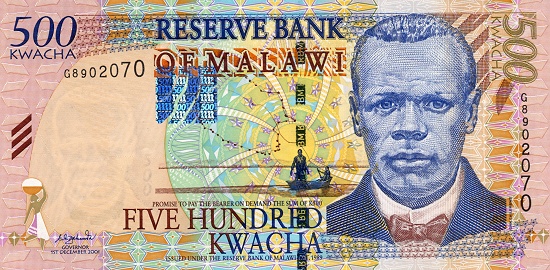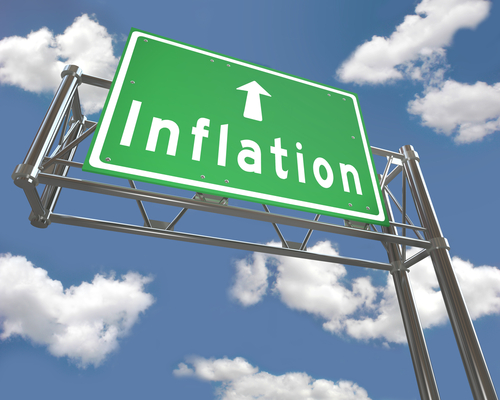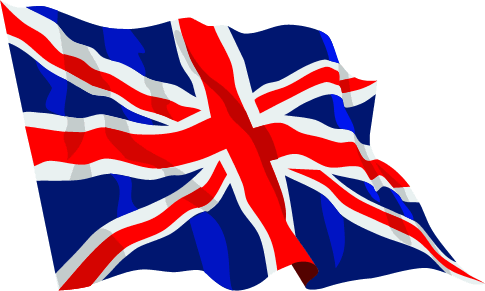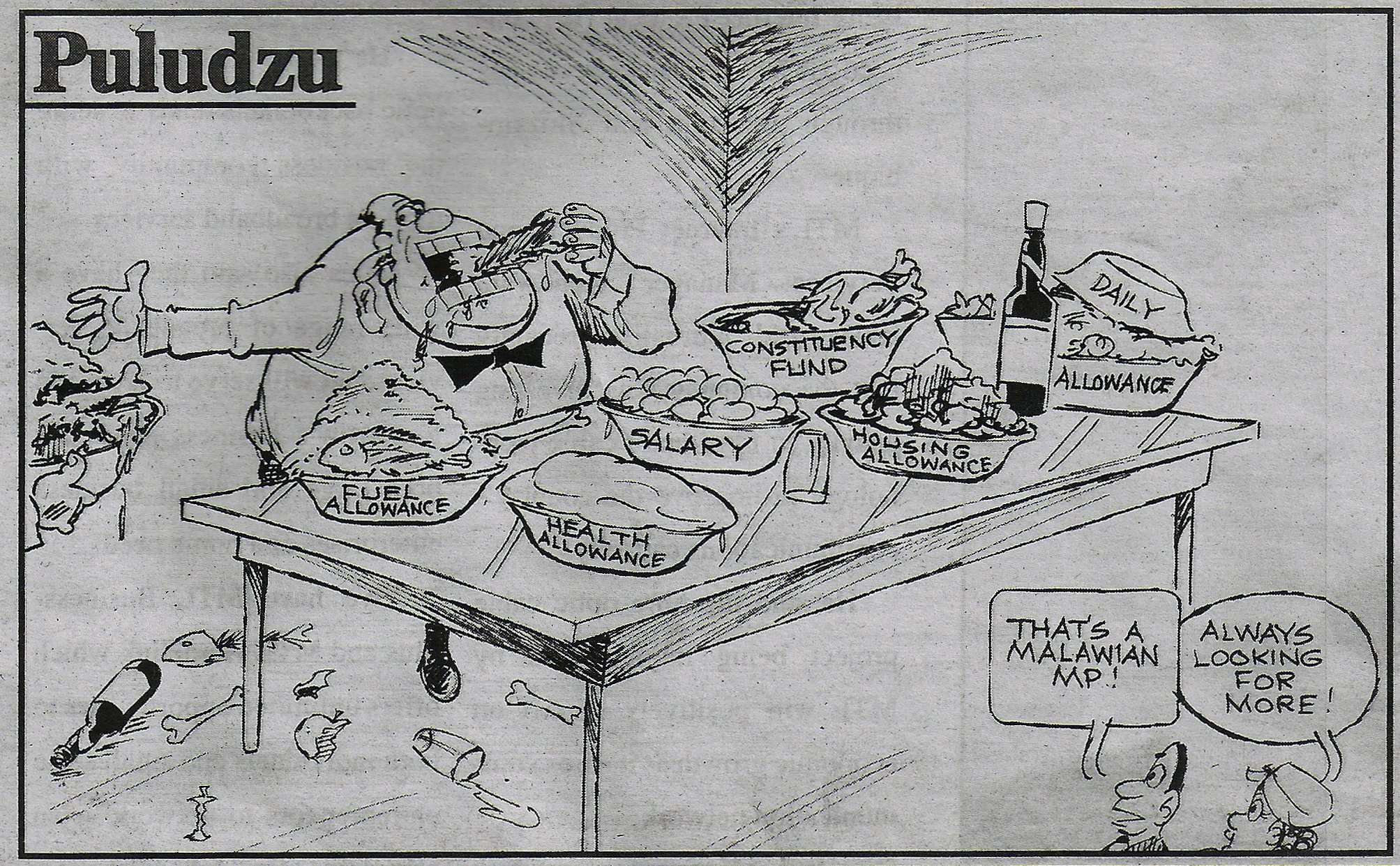Malawi kwacha’s newly found stability over the past two weeks may just be temporary and could last only up to the end of the tobacco selling season, economic analysts have said.
Both Financial Market Dealers Association (Fimda) and the Economics Association of Malawi (Ecama) believe the exchange rate stability – which has even seen the currency appreciating during some days, is a seasonal recurrence and will need strong fiscal and monetary policy support to be sustained.
“The stability will last at least throughout the tobacco selling period,” said Fimda chairperson Alfred Nhlema yesterday.
“Forex supply in Malawi is seasonal in nature. We expect depreciation between October 2013 and March 2014. We also expect that the authorities will consider relieving the private sector of the prevailing high cost of funding in the last quarter of the year in order to spur economic growth,” said Nhlema.
He said such relaxation in monetary policy will induce forex demand and lead to a depreciation.
Nhlema said the kwacha was currently responding to flow of foreign currency from tobacco and a reduced demand for foreign currency among business players who are finding forex somehow expensive.
Nhlema also said the central Bank and foreign financiers have also supported fuel supplies and other strategic imports for Malawi, thereby cutting down demand from the normal forex supplies.
“This has reduced pressure on the demand for forex at a time when the country is enjoying substantial forex inflows from tobacco proceeds and donor funding,” said Nhlema.
He observed a return of confidence to the country among international suppliers may also have helped reduce demand for forex as local importers are now able to acquire goods using letter of credits instead of cash.
He said most importers may be struggling with Malawi kwacha liquidity to purchase the dollars due to high lending rates in banks which have made borrowing expensive.
“Interest rates are currently quite high and punitive and the authorities have aggressively mopped up liquidity from the market over the past three to four months.”
“The authorities have crowded out private sector borrowing through a very tight monetary stance which has driven out forex demand as most institutions cannot gather enough Malawi kwacha to meet their foreign obligations at a time when consumer demand is also weak,” he said.
“Our hope is that companies are not keeping too many payment invoices and delaying remittances waiting for that sunny day when they could accumulate enough kwacha for remittances,” said Nhlema.
He said accumulation of international invoices could unleash foreign exchange pressure at some point in the near future which could increase demand and cause a strong depreciation of the currency again.
Nhlema said to sustain the stability, there would be need for continued foreign exchange supplies through donor inflows and exports as well as a right mix of fiscal and monetary policies.
For the long term, Nhlema said Malawi will have to expand its export base in order to generate enough forex to meet national demand for imports.
“The government has put in place the National Export Strategy which if well implemented could lead to the realisation of this goal,” he said.
On his part, Ecama Executive Director, Nelson Mkandawire, said unless other exports pick up to supplement tobacco sales and budgetary support comes in time, the kwacha stability may not last beyond September.
“Unless the economic and political governance pillars are balanced, the kwacha may continue to depreciate. Fiscal discipline is very vital at all levels of governance to ensure that we spend within our means,” said Mkandawire.
He said Malawi would need to give incentives to firms that aim at producing prioritised crops the National Export Strategy as well as those that will engage in the activities of the Economic Recovery Plan such as tourism and energy generation.
“There is need to critically look at how best energy generation can be boosted because energy is at the heart of productivity at industry level,” said Mkandawire.




